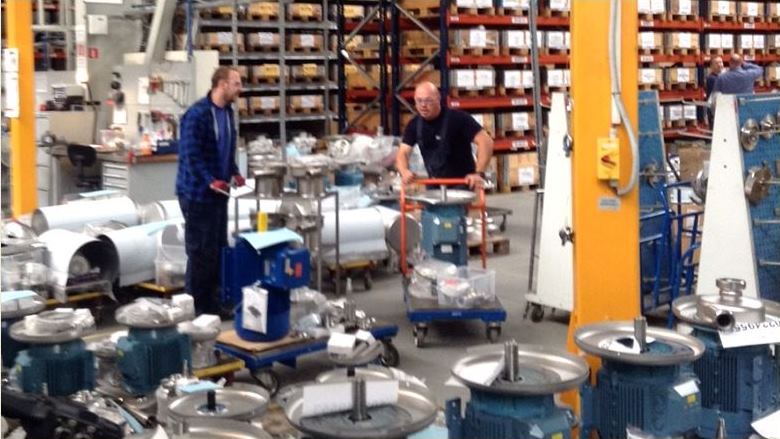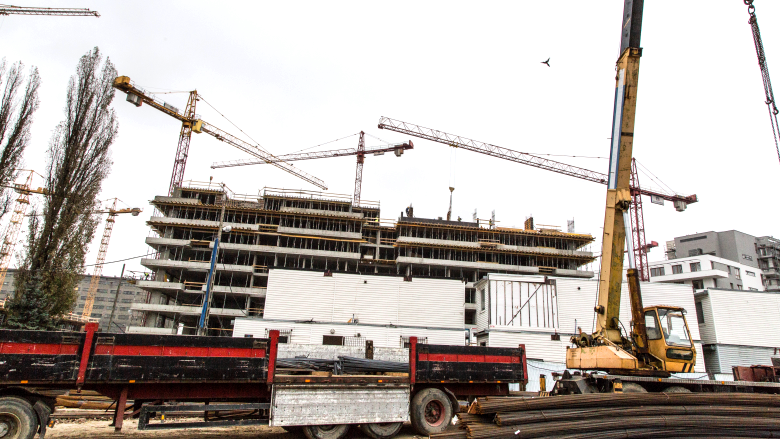Bydgoszcz, a small city about three hours drive from Warsaw, offers a quaintly refurbished downtown, three universities, and the most pro-business climate of any city in Poland. Of 18 Polish cities examined in a new World Bank study, Doing Business in Poland 2015, Bydgoszcz topped the aggregate ranking. The report analyzes business regulations in four areas: starting a business, dealing with construction permits, registering property, and enforcing contracts.
The city’s mayor says that’s because he’s made a special effort to hire business-minded people to streamline the business permitting process.
“The thing is to be good to your investors, not just the big ones, but look at the investors you already have,” says Rafał Bruski, Bydgoszcz’s mayor. A few businesses often lead to more businesses, he says.
“If it’s a small investor, they often bring other work, and once one is here, others ask, is it a good place to work, and they say yes and the others will come.”
The Polish subsidiary of the American company SPX opened in Bydgoszcz about ten years ago, making pumps and pipes for food processing plants around the world. The SPX factory employs about 200 people in a sprawling industrial park just outside of the city.
“From the beginning, local authorities have been very helpful about construction permits and permits pertaining to the industrial and economic zone where we operate. We’ve gotten lot of support from the industrial center and from city authorities,” says Dariusz Młodzikowski, SPX’s production manager.
Robert Piątkowski, who works for Bydgoszcz’s Industrial and Technical Park, where the SPX factory is, agrees. He says the city has worked hard to make things work for companies like his.
“Bydgoszcz has qualified people, young people, a business-friendly atmosphere—the city helps, gives us exemptions on property taxes, the part that was outside the special economic zone has been included, they do a lot to help us do well.”

